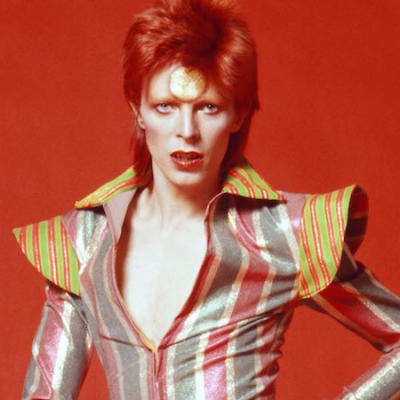Along with fantasy, science fiction novels are often relegated to a niche, with only a hardcore fanbase able to navigate their distinct tropes and style. To be a casual sci-fi reader is nearly unheard of. But well written science-fiction and speculative fiction novels are often among the most affecting and timeless pieces of prose, tapping into parts of the human experience that other genres often cannot. Here are five sci-fi novels for the non sci-fi reader to sink his or her teeth into.
Flowers for Algernon by Daniel Keyes (1966)
Originally a short story published in 1959, Daniel Keyes’ low-key, autumnal novel is told from the point-of-view of Charlie Gordon, a man of very low IQ who is the subject of an experimental procedure to increase his intelligence. The titular Algernon is a laboratory mouse who has already undergone the same procedure. Flowers for Algernon takes a vividly personal look at the ethical implications of scientific progress, as well as the treatment of neuro-atypical people. As speculative fiction goes, there are few more wrenching and nakedly emotional than this one.
Slaughterhouse-Five by Kurt Vonnegut (1969)
Slaughterhouse-Five’s sci-fi credentials are arguable, but its narrative, courtesy of unreliable narrator Billy Pilgrim, examines the ways in which fantasy and speculation intersect with trauma and memory. The semi-autobiographical novel tells of the firebombing of Dresden during World War II, through which Vonnegut himself lived. The novel’s protagonist can only recall the events indirectly, through the lens of a trip through time, which lead to him being held in a zoo in some alien world. The mind-bending, nonlinear narrative examines imagination itself, and how it dictates how we live our lives.
Kindred by Octavia E. Butler (1979)
The time-travelling slave narrative Kindred is a bestseller that transcends the science-fiction label. Octavia Butler is known for her striking afrofuturist parables, and Kindred may be her most direct. It tells the story of Dana, who is transported between her own home in 1976, and a slave era plantation in Maryland. Through exploring the mechanics and metaphysical implications of time travel, the novel also expounds on the far-reaching, still reverberating effects of slavery in the United States.
Under the Skin by Michel Faber (2000)
What does it mean to be human? Far more direct and confrontational than the equally great 2013 film adaptation, Under the Skin asks that question through a visceral and often shocking story that flips science-fiction on its head. The film is told from the point-of-view of the “villain.” Alien Isserley drives the roads of Scotland looking for hitchhikers who she drugs and returns to her hideout where they are farmed and eventually butchered. Under the Skin subversively uses language to make us consider our place in the universe and the ways we treat non-human animals for our own gain.
The MaddAddam Trilogy by Margaret Atwood (2003 - 2013)
Though it took her a decade to complete, Margaret Atwood’s MaddAddam Trilogy – consisting of Oryx & Crake, The Year of the Flood, and MaddAddam – is quite possibly her most urgent warning about the direction humanity is headed. The three novels keenly examine how empathy and interpersonal connections have been scrambled by a post-internet, post-human world. Entire species are dying, the planet is falling into man-made chaos, and we insist on playing God. The trilogy is a chilling portrait of where hubris leads us.





